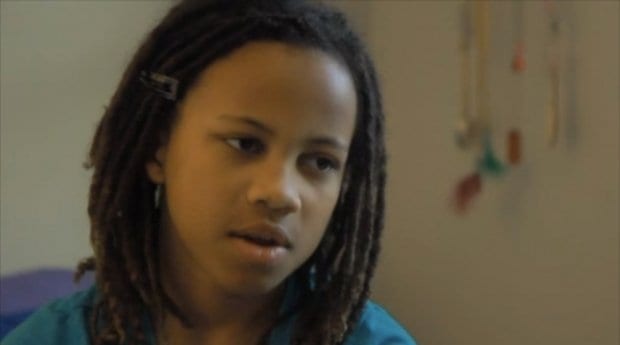The Catholic Independent Schools of the Vancouver Archdiocese (CISVA) said July 16 it has approved a new policy accommodating gender expression and students with gender dysphoria.
Lawyer barbara findlay hails the policy as the first in North America, if not the world. Findlay represented 11-year-old student Tracey Wilson, whose family’s 2012 request for her to be treated as a girl was not accommodated by CISVA.
Wilson has been diagnosed with gender dysphoria. “I am so glad that the kids in the Vancouver Catholic schools won’t have to go through what I went through,” she says. “It was really hard for me because I did not feel accepted at school. Now, kids like me will hopefully be supported.”
“This is enormous,” findlay says. “We believe nobody’s going to have to go through what Tracey went through.”
It was only after the family filed a human rights complaint that the policy was developed. CISVA superintendent Doug Lauson says Catholic teaching does not recognize that a student can change his or her sex or gender.
But, he says, CISVA is committed to providing an inclusive school environment for students and reasonable accommodation of students’ gender expression. The new policy covers the same issues as those in the Vancouver School Board (VSB) policy adopted last month, he adds.
The VSB policy addresses topics such as washroom and change-room accessibility, proper use of pronouns, access to physical education and sports, as well as a commitment by schools to reduce or eliminate sex-segregated activities. VSB meetings at which the plan was discussed were attended by vocal supporters and opponents of the policy change.
The CISVA policy directs that schools accommodate gender-variant students and that an accommodation plan for gender-dysphoric students be developed in collaboration with the family, educators, pastors and medical professionals. It also addresses staff and students through education and policy aimed at recognizing and understanding the individuality of all students and forms of gender expression.
“The focus of the individual accommodation plan is always the best interests of the child — spiritually, intellectually and physically — which is the mission of Catholic schools,” Lauson says. “We have apologized to Tracey and her family for not being in a position to meet her needs,” he says. “This policy will ensure her experience is not repeated.”
Michelle Wilson, Tracey’s mother, tells Xtra she’s thrilled with the policy. “We had attended a Catholic school for about a year before we realized our then-son was actually a girl,” she notes. She says they went to the school to see if Tracey’s needs could be accommodated — “to be healthy and happy.” They didn’t have much luck.
In 2013, they filed a human rights complaint. Michelle Wilson says that after two rounds of mediation through the BC Human Rights Tribunal, CISVA came back with the policy recognizing diversity in gender expression and the needs of gender-dysphoric students. She says their board consulted with them on wording and situations to be dealt with. “Because the policy needs to walk that very narrow edge of theology and human rights, it’s not a perfect policy from the point of view of the parent of a trans child, but it’s a start.”
She expects there will be opposition to the policy as there was to the VSB one. “I’m sure there’s some heated words being said about it,” she says. She says she attended the VSB policy sessions and saw people speaking harshly out of fear.
But the Catholic school board has already passed the policy, findlay notes. “There will be no public representations at that level.”

 Why you can trust Xtra
Why you can trust Xtra


